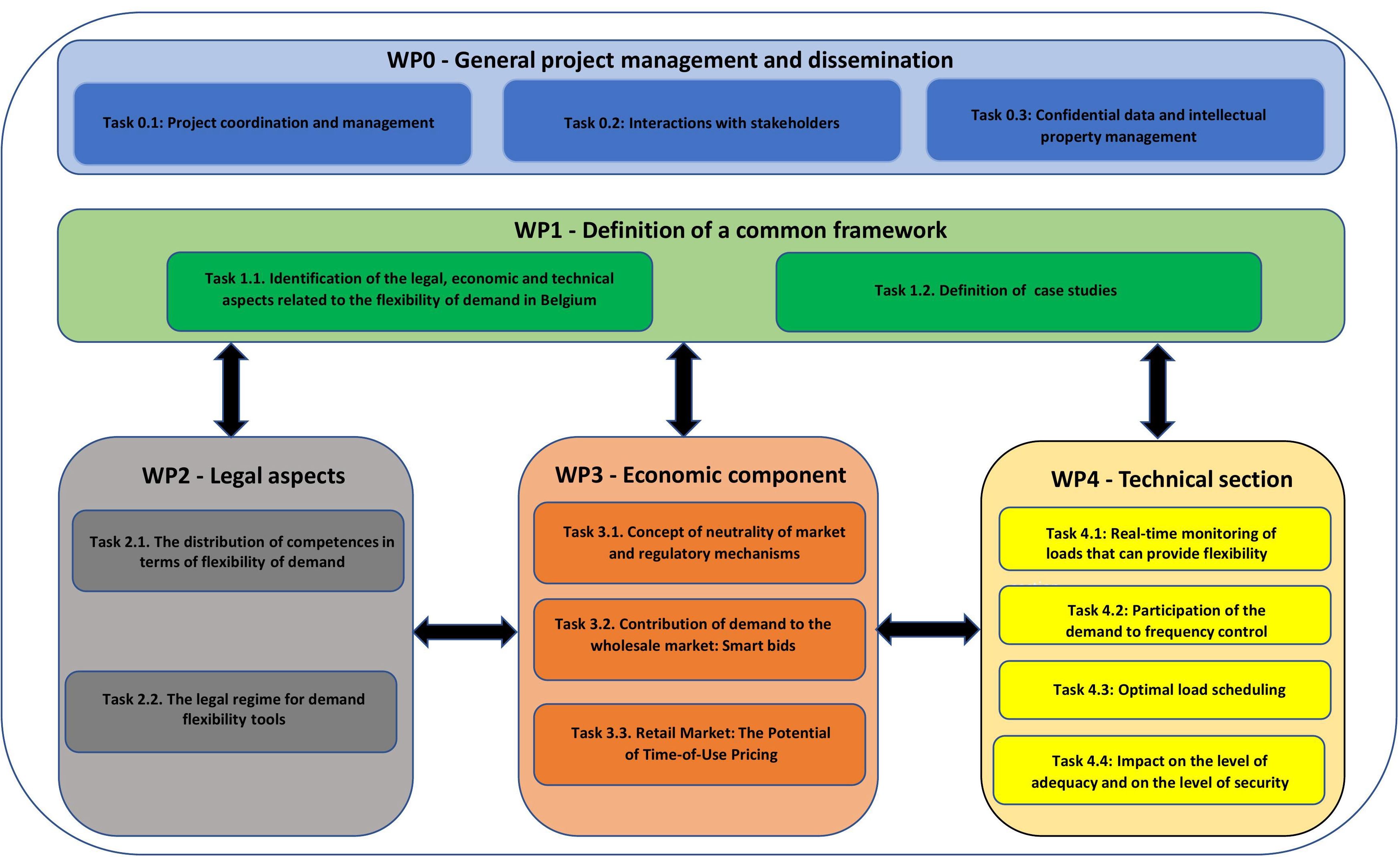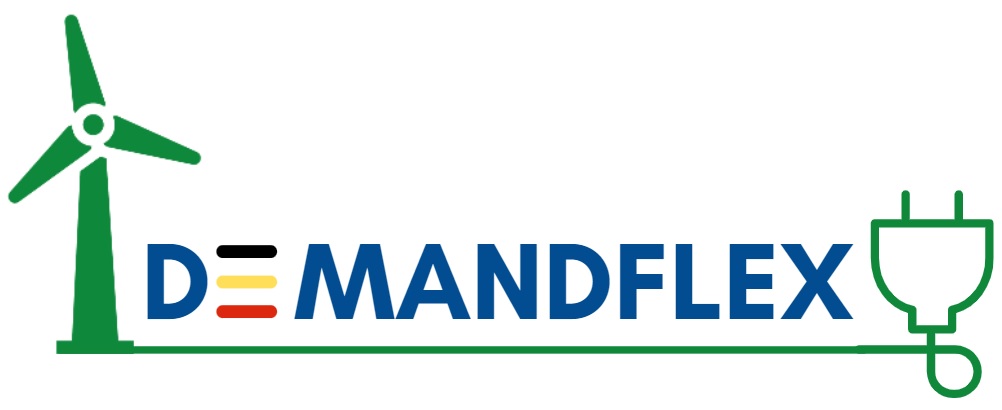In the same section
DemandFlex combines the expertise of three research centers at ULB: BEAMS (Ecole polytechnique de Bruxelles) for technical insights, the Centre de Droit Public et Social (Faculté de Droit) for legal analysis, and ECARES (Solvay School of Economics) for economic evaluation. Together, these centers analyze and assess technical, legal, and economic solutions to promote a more active role for electricity demand within the Belgian electricity system.
The ongoing transformation of the electricity system provides the motivation for the project. Increased penetration of renewable sources of electricity, including decentralized sources, the development of storage and automated demand management, as well as the increasing electrification of road transport and heating all raise challenges (and opportunities) for the traditional electricity system model where supply adjusts to demand.
Across the world, a new paradigm is emerging where electricity demand is playing a more active role. This “flexibilization” of demand is an essential lever to facilitate the integration of renewable sources of electricity as part of the climate transition and to ensure supply adequacy without massive investment in peak production capacity. Demand flexibility already plays a role in Belgium today, but it is far from reaching its potential. The barriers to the full exploitation of this potential are technical, economic and legal, hence the value for multi-disciplinary research which crosses perspectives, and for interactions with practice as envisaged in the project.
The DemandFlex project is organized in 4 Work Packages (WPs) and 12 Tasks. An overview of the overall WPs and underlying Tasks is given below:

The project officially started on 1 October 2021 and, over a duration of 5 years, will run until 30 September 2026. Here is the Gantt chart of the project.
FACTS & FIGURES
Project title: Amélioration de la sécurité d'approvisionnement en électricité par la flexibilisation de la demande (DemandFlex)Start date: 1 October 2021
Duration: 60 Months
Estimated end date: 30 September 2026
Total budget: 1,157,820 €
Partners: Solvay Brussels School of Economics and Management, Brussels School of Engineering, Law and Criminology Faculty
